Disney World & Cast Members Reach Pay Agreement!
Wage negotiations between Walt Disney World management and unions representing ~45,000 Cast Members are over, as the two sides have finally reached an agreement! This shares the latest news on the compromise, how pay will increase in the next several years, and offer commentary about this great development. (Updated March 23, 2023.)
The Service Trades Council Union (STCU) representing Cast Members announced on March 23, 2023 that they have reached a tentative agreement with Walt Disney World to bring hourly Cast Member pay to $18 per hour by December 2023 and over $20 by Fall 2026, plus back pay.
There were several sticking points for the union in negotiations, which was asking for $18 per hour and a path to $20, as well as back pay. While both sides have compromised from their initial positions, the union has essentially secured the trifecta for Cast Members. The union is thus recommending that its members ratify the new contract, with a vote that will take place on March 29, 2023 (and is expected to succeed).
Upon ratification of the proposed agreement, Cast Members will be paid a minimum wage of $17 per hour, with that amount increasing to $18 by December. Back pay of an $1 extra per hour worked since October 1, 2022 will also be awarded to Cast Members hired on or before that date. Looking forward to 2024 and beyond, pay will increase a total of $2.50 for the remaining duration of the contract; that will bring the new minimum to no less than $20.50 by October 2026.
According to the STCU: “For Cast Members that are making the minimum currently, this contract provides over 36% general wage increases over the life of the agreement.” All Cast Members will also receive raises between $5.50 and $8.60 over the term of this new agreement, with the first $3 in raises occurring this year.
Union leaders said that the following roles would receive wage increases of higher amounts:
-
Union Housekeepers: increase from $17 to $20 immediately, ending at $24 in October 2026
-
Union Dishwashers: increase from $15 to $18 immediately, ending at $22 in October 2026
-
Cook 2 (Union Prep Cook): increase from $16.40 to $20 immediately, ending at $24 in October 2026
-
Cook 1 (Union Line Cook): increase from $19 to $23.10 immediately, ending at $27.10 in October 2026
-
Union Chef Assistant: increase from $20 to $24.60 immediately, ending at $28.60 in October 2026
-
Union Bus Drivers: increase from $18 to $20.50 immediately, ending at $24.50 in October 2026
The agreement will also include eight weeks of paid Child Bonding Leave, which is a benefit that does not exist in the current contract, and increases to many hourly premiums, according to STCU.
In confirming that an agreement had been reached between the company and STCU, Walt Disney World Resort President Jeff Vahle said that “Our Cast Members are central to Walt Disney World’s enduring magic, which is why we are pleased to have reached this tentative agreement.”
“Disney is proud to offer an industry-leading employment package that includes comprehensive benefits and affordable medical coverage, in addition to 100 percent paid tuition for higher education for hourly employees through the Disney Aspire program,” Vahle continued. “With the support of the unions, we anticipate Cast Members will approve this new agreement.”
Upon ratification, the agreement will put Walt Disney World on par with Universal Orlando in offering $17 per hour. By the end of this year when wages increase to $18 per hour, Walt Disney World will become the highest-paying large-scale tourism employer in Orlando for entry level positions.
In terms of quick commentary, this is fantastic news–and comes as somewhat of a surprise. The two sides had been at a stalemate previously, with union Cast Members holding their “Rally for a Raise” one week ago to increase public awareness of their plight. That seemingly succeeded, as an agreement was reached in short order after that and comes pretty close to giving Cast Members what they had originally sought.
As for winners and losers…there are none of the latter here, only the former. Cast Members win because they will soon be earning higher wages. Walt Disney World wins immediately by putting this ugly dispute in the rearview mirror and garnering positive headlines for once. Longer-term, the company wins by becoming a better employer that should have greater success in the highly-competitive local labor market; by paying higher wages, Disney will be able to attract and retain talented and passionate employees.
Guests win for those same reasons. The Cast Members who truly make the magic will see a morale boost and will be more likely to stick with Walt Disney World for the long-term, with the positive consequences of that directly flowing to the guest experience. Anyone who wants to contend otherwise and claim that this will be bad for guests due to price increases or whatever is, flatly, wrong.
What follows is how this saga has played out to date, plus our original commentary, preserved here for posterity…
This sharp turn of events comes after the prior proposal was overwhelmingly rejected by Cast Members; 96% of union members voted against Walt Disney World’s “best and final offer.” That would have amounted to an immediate $1 raise to the hourly starting wage, which would put the minimum starting wage at $16 per hour. From there, hourly pay would’ve gradually increased to $20 per hour over the next 5 years.
Cast Members represented by local unions have been pushing for an immediate increase to $18 per hour, with a future path to raise wages to $20 per hour. With Walt Disney World’s refusal to budge from its prior best offer–and unwilling to offer a middle ground compromise–negotiations ended and did not resume late last week as planned. Instead, the unions indicated that they will begin a public pressure campaign “to bring light to the plight of Cast Members struggling to survive the devastating increase in the cost of living.”
Notably and perplexingly, Walt Disney World’s refusal to offer “even one cent” to its prior best and final offer came only days after Universal Orlando Resort announced to Team Members that they are raising starting wages to $17 per hour effective June 4, 2023.
In addition, Universal Orlando announced that many Team Members will receive a pay increase based on the new rates and their time with the company. According to Universal, wages are just one improvement being made to improve Team Member satisfaction. That theme park operator has also elevated its 401K match and tuition reimbursement programs, added compassion leave, doubled parental leave, enhanced family planning benefits, launched a new recognition program, and changed Team Member comp ticket availability.
Universal also purports to be elevating the work environment, and to that end, has begun upgrading break areas, back of house restrooms, and have plans for Team Member dining improvements. Universal contends that its work culture seeks to create a path forward that supports Team Members, giving them an opportunity to grow while fostering a real sense of purpose and belonging.
Senator Bernie Sanders added his voice to the pay dispute between Walt Disney World and Cast Members, sharing a statement of support on social media. “If Disney can afford to give a $20 million golden parachute last year to a CEO who did a lousy job, it can afford to pay Disney World Cast Members who are struggling to pay the rent & groceries a minimum wage of at least $18/hour. I say to Disney: Pay your workers a living wage,” wrote Sanders.
This isn’t the first time that Sanders weighed in on Cast Member pay. During the last major standoff back in 2018, Sanders made national headlines for attending a Cast Member town hall in Anaheim. Following that meeting with Disney workers, Sanders and Senator Elizabeth Warren sent a letter cosigned by 20 of their colleagues to Disney CEO Bob Iger urging the company to agree to a fair contract.
It goes without saying that Sanders is a polarizing politician. We’re not reporting on his social media post because of his substantive point, but rather, because of his public profile and popularity. Whether you love or hate him is irrelevant–what’s undeniable is that he has a large audience. As a result, it’s likely that Sanders will bring attention to this standoff, and elevate the coverage beyond Disney fan sites and the local Orlando media.
After a year of negative headlines and unforced errors, it’s mind boggling to me that Walt Disney World would risk more unfavorable reporting hitting the mainstream media. At an absolute minimum, Universal’s announcement of the $17 wage should’ve resulted in Disney offering that exact same amount.
The new baseline is $17 per hour, and it is highly unlikely that these negotiations will now end in an amount lower than that. So why not at least propose that, instead of refusing to add a ‘single cent’ to the prior offer? The company cannot control how the union reacts to such an offer, but there’s little compelling reason to refuse to budge from the prior offer. Perhaps the parties could even reach an agreement at $17 and prevent future ugliness.
Universal is too large of an employer–and direct competitor–in the exact same labor market, and they’ve set the new standard. It is an inevitability that Walt Disney World is going to follow suit, and could potentially save themselves pain in the process. The last thing they need is even more unfavorable media attention.
Against this backdrop, there’s a lot to discuss when it comes to commentary about the stalemate between Disney and the unions. One thing I hope we don’t have to debate is wages in relation to guest pricing. Back in past union wage negotiation posts, this was always the core commentary, as some Walt Disney World fans opposed wage increases under the (mistaken) assumption that higher wages equaled higher ticket and hotel prices.
The last few years should have disabused anyone of that notion, and demonstrated that Disney raises prices based on what the market will bear–and even when cutting its own costs. It has very little to do with input costs. (Or is someone going to claim that Disney went from free FastPass to paid Lightning Lanes because the exact same thing somehow costs the company more to operate?) Disney has been able to increase margins thanks to demand and consumer tolerance for higher prices; those same margins can go the other direction, too.
Treatment of Cast Members, staffing shortages, and tangentially-related topics have been a topic of discussion for a while, and also one that has recently popped up in the comments section here a few times. Suffice to say, I have a lot of thoughts about the current union negotiations with Walt Disney World.
The first is one of surprise that Walt Disney World has not proactively and voluntarily raised wages prior to this. I’m downright dumbfounded that the present standoff has been allowed to drag on. When it started, I assumed this would be quickly resolved given everything the company has said, and realities of the labor market. At the very latest, I figured Universal’s pay increase would put an end to it. I’m shocked and disappointed that the situation has gotten this bad.
As to why Disney should be offering higher wages to Cast Members, let’s go back to the beginning. If you’ve read even a few posts here over the last two years, you’ve likely heard us blame the absence of X or Y on staffing shortages. This does not just negatively impact the guest experience, but also, Disney’s bottom line.
While improving tremendously, staffing shortages remain a key impediment to fully normal operations at Walt Disney World. The company has had tremendous difficulty filling certain key roles, and turnover is incredibly high–even as Disney hires aggressively, it has been losing employees almost as quickly as it can onboard them.
As a result of this, Disney has left money on the table–because it has literally been unable to fill tables at restaurants, offer a full slate of upcharge offerings, etc. Staffing shortages have resulted in capacity constraints as a mitigation measure, which means fewer people at the parks due to attendance-limiting park reservations being fully booked at certain times.
That might be too much of an abstraction–concrete examples are how long it took to bring back Minnie Vans, Victoria & Albert’s, non-seasonal After Hours events, or EPCOT Food & Wine Festival paid seminars. All of those directly generate revenue and took longer than expected to return. (Or still aren’t fully back.)
Walt Disney World could have remedied many of the staffing shortages by voluntarily raising wages a year or two ago. Actually, they could have addressed this five years ago when it first started becoming an issue. While exacerbated by the pandemic, we were discussing staffing shortages back in May 2018 when writing about that year’s standoff between Disney and the unions, predicting that the “writing is on the wall for higher wages. At some point, increasing wages will be a strict necessity to attract more workers in the next few years.”
Instead, they offered hiring bonuses. My assumption was (and is) that there were a variety of underlying motivations for this. First, a hiring bonus is a one-time payment, whereas higher wages are a long-lasting and recurring expense. Second, it’s not as straightforward as simply raising wages for specific positions; with unions involved, contracts need to be negotiated and it’s unlikely those groups would have agreed to targeted increases for certain roles, but not others.
Finally, it’s possible that the company was ‘waiting out’ the hot labor market, assuming service industry employees would lose leverage and wage growth would slow or reverse. That has not happened. Even as layoffs are starting to hit white collar workers, there are still nearly 2 open jobs for every unemployed worker.
That discrepancy is even more skewed in some markets and sectors, with Central Florida hospitality and leisure likely being one of them. That’s precisely why Universal Orlando is raising wages. It’s not simply a matter of corporate generosity–it’s being competitive in the scorching labor market.
Just looking at this objectively, it’s difficult to understand Walt Disney World’s strategy, if they have one at all. Up until now, it sure seems like they’ve been waiting the last two years for a looming downturn, and have missed out on potential revenue as a result. That might seem like a dubious assertion given Disney’s earnings calls touting impressive profits for the parks, but there’s nothing to say they couldn’t have been even better.
Business has been booming as a result of pent-up demand and per guest spending is up thanks to reduced discounting, Lightning Lanes, etc. Nevertheless, bringing back Minnie Vans, After Hours, and other paid events would have generated further profits. In short, Disney missed out on even better earnings performance by being miserly.
So what’s the strategy now? Bet on a recession or assume economic downturn is on the horizon? Figure that’ll cool down both the red-hot labor market and demand for travel? Hope that the College Program and International Programs can be further scaled up to provide cheaper and less competitive labor?
Maybe some or all of that will work out in Disney’s “favor,” but it’s a bold strategy and one that has not been vindicated over the course of the last couple years. It’s also one that ignores all of the expansion in Central Florida–new hotels, area attractions, Epic Universe, etc–to assume that the labor market is going to get weaker, somehow. Even if there’s an economic downturn late this year or early next, it’s hard to imagine that “solves” the labor shortage given growth in the region.
Beyond that, it’s difficult to see why Disney is dragging its feet and letting this become a public spectacle. The Walt Disney Company has made the importance of Cast Members central to its image. High-level leaders at Walt Disney World and the corporate level make gratitude for Cast Members part of their persona. When it comes to the importance of their employees, they really talk a good game.
Naturally, this is true of Bob Iger and Josh D’Amaro, who are smooth operators and savvy public speakers. But it was the case even with Bob Chapek! The man who notoriously and infamously didn’t “get” Disney even understand how important it was to publicly praise Cast Members.
During one of his last public interviews when asked about the Reedy Creek controversy, Chapek pivoted and offered this: “the lesson, and what we always should’ve known, is that Disney is all about the Cast.” He noted that people might remember the castle and churros, but the reason people have magical memories that last a lifetime is the guest-cast interactions. He called Cast Members the “secret sauce” and the key to a great guest experience at Walt Disney World.
Chapek also said that “around 99%” of the positive guest feedback he received when running Parks & Resorts was about Cast Members. He was “reminded” about the sentiment of Cast Members and the importance of them feeling valued and as if they could relate to the company. “You have to make sure the Cast is at the center of everything you do,” Chapek concluded. For once, Chapek got something right with that sentiment. Even a blind squirrel finds a nut every once in a while!
It’s not just quotes from executives. Walt Disney World dedicates much of its online presence to promoting its public image as an employer. Positive treatment of and opportunities for Cast Members are highlighted, as is how important they are to the parks and guest experience. Among many other things, the Walt Disney World Ambassadors have their own dedicated social media accounts and there’s a whole Cast Life subtopic on the Disney Parks Blog.
Posts like this border on propaganda, using words like “lucky,” “incredible,” “gift,” and “doesn’t even feel like work” to describe being a Cast Member. Disney is a savvy company and purposefully covers Cast Members in this manner–it’s good for recruitment and also for the all-too-common guest misperception that being a Cast Member is a dream job.
To its credit, I guess, Disney is great at manicuring its image. Heck, they even managed to turn a decision made due to realities about the labor market into a statement about inclusivity. Much of the content produced now revolves around employees–and that also includes television ads in the Orlando and Anaheim/Los Angeles local markets.
The problem isn’t necessarily this sentiment–it’s very much correct. Highlighting Cast Members and their importance to the guest experience is absolutely the right thing to do. The problem is that all of this rings hollow when paired with how Disney actually treats Cast Members, as underscored by this standoff. Words are meaningless if you don’t walk the talk.
Cast Members breathe life into Walt Disney World, and they have long been the defining element of the guest experience. I think someone once said: “You can design and create, and build the most wonderful place in the world. But it takes people to make the dream a reality.”
We have been fortunate to have wonderful Cast Member interactions and encounters over the years, and I absolutely want more passionate Cast Members who are proud of the work they do, the company they do it for, and strive to make magical moments for guests. We all win if Cast Members are treated well and feel valued.
Then there’s the human (or humane) side of it. The living situation of many Cast Members is well-documented at this point. There have been countless exposes on homelessness and motel life along Florida’s Highway 192 corridor. This impoverished working class has been an open secret in Orlando for years and was even depicted in The Florida Project, an excellent and heart-wrenching film that is only nominally fictional. (That’s the one of the best and most heartbreaking movies imaginable, and should be required watching for all Disney fans.)
There’s a reason that affordable housing is coming to Walt Disney World and the company is committed to helping make it happen. It’s actively impacting Cast Members, and Disney’s ability to find workers. Shelter inflation is skyrocketing, with rising rents outpacing even the housing market. Florida has become the least-affordable state when cost of living is measured against typical household incomes. Orlando ranks second-worst in the country when it comes to the affordable housing shortage.
Personally, I think that Cast Member compensation should be competitive and, if anything, above market. Walt Disney World should be trying to attract the top talent in Central Florida. Increasing wages means Walt Disney World can attract and retain friendly and helpful Cast Members who will in turn improve the quality of the guest experience–in other words, making your vacation magical.
Over the last 3 years, we’ve heard an increasing number of reader complaints about Cast Members not being as friendly or as “magical” as they used to be. Three components of this are Disney demonstrating it didn’t really care about Cast Members during the closure and in the early stages of the phased reopening, pandemic-era rule enforcement taking a tremendous toll, and a rise in entitlement among guests that the company created. (Few things are more destructive to service than the mantra: “the customer is always right.” It’s demonstrably false and empowers the worst types of people to exploit things. It’s a complete garbage saying.)
So many people we know who worked at Walt Disney World in 2019 are gone, including “lifers” who I never would’ve expected to leave. Some were furloughed and called back, but opted against returning because of the way they were treated and taken for granted. Others got burned out from being “babysitters” for the year after reopening. Some simply found other jobs elsewhere that offered better pay or were otherwise less stressful. Every single one of them misses “making magic” but is happy with their decision to leave.
In talking to them, there’s a running theme in how Walt Disney World has handled Cast Members: arrogance. Arrogance in assuming furloughed Cast Members would be happy and thankful to return after months of radio silence. Arrogance in assuming “magic” is the ultimate trump card that makes Walt Disney World an unparalleled workplace. Arrogance in just fundamentally failing to appreciate the current realities of the labor market, and that it’s not 2016 anymore.
Let’s set those (very big!) variables aside and simply try to look at this from an objective, dispassioned perspective and again bring this back to competitiveness. The on-the-ground reality is that the Central Florida labor market has gotten tighter and Walt Disney World has not made much of an effort to compete in it. Yeah, there are Cast Members who are passionate about their jobs and proud to carry on Walt’s legacy. Some Cast Members are willing to accept less than they’re worth to work for Disney.
But for most, money talks. Employment is entirely transactional, and while companies can skew BS about being a family, legacy, and so forth, nothing shows you’re valued in that “relationship” like commensurate compensation. The converse is also true: nothing says that you’re not valued like being paid below market wages.
Universal will soon be paying its frontline employees $17 per hour, whereas Disney won’t offer a cent more than $16. We’ve dedicated a lot of words arguing why Walt Disney World should pay higher wages, but that’s really the bottom line.
Ultimately, that’s where we stand on this breakdown between Walt Disney World and the unions, and the company’s reluctance to pay higher wages to Cast Members. It’s disappointing that Walt Disney World didn’t proactively and voluntarily raise wages a year or two ago, and it’s downright heartbreaking that they’re continuing to fight over Cast Member pay.
This barely touched upon the soaring cost of living and shelter in and around Orlando, when in fact, our entire commentary could have centered around that. Instead, we only touched upon it in part because that’s its own huge can of worms; it’s also a (sadly) controversial and ideologically contentious issue, and one involving externalities that Disney cannot single-handedly address. Unfortunately, there is no outcome here that resolves Orlando’s cost of living or housing crisis.
However, it’s also because it’s not even necessary to address any of that. Walt Disney World should pay higher wages to be competitive with Universal Orlando. Attracting and retaining passionate and talented Cast Members should be a top priority, as should treating them in a way that makes them feel valued and wanting to make magical memories that will last a lifetime.
As a guest, you should selfishly want all of that. Your vacation is better if Cast Members are treated better by Walt Disney World–there’s a straight line between how they are treated and how guests are treated. In our opinion, paying Cast Members higher wages is also the right thing to do for myriad reasons, and means the company actually walking their talk. Words mean very little; it’s actions that matter to me.
Personally, I feel a little better about paying astronomical prices when I know that a company is doing the right thing and treating its employees well. Central Florida’s increasing cost of living and housing alone should’ve prompted Disney to offer higher wages to its frontline workers. But we don’t even have to get to those major and more contentious points to have a winning argument for paying and treating Cast Members better. If you are a Cast Member reading this, thank you for all you’ve done and good luck in your fight–a fight that shouldn’t even need to be fought–for higher wages. We hope you know that the vast majority of fans actually appreciate you in precisely the way that your company claims to care.
Planning a Walt Disney World trip? Learn about hotels on our Walt Disney World Hotels Reviews page. For where to eat, read our Walt Disney World Restaurant Reviews. To save money on tickets or determine which type to buy, read our Tips for Saving Money on Walt Disney World Tickets post. Our What to Pack for Disney Trips post takes a unique look at clever items to take. For what to do and when to do it, our Walt Disney World Ride Guides will help. For comprehensive advice, the best place to start is our Walt Disney World Trip Planning Guide for everything you need to know!
Your Thoughts
Any thoughts to add about Cast Member wages at Walt Disney World? Disappointed that Universal is now “beating” Walt Disney World when it comes to employee treatment and wages? How do you feel about Disney’s handling of Cast Members, and what the company says versus what it does? Would you feel better about paying Disney’s premium prices if it meant the company was treating its employees better? Agree or disagree with any of our commentary? Any questions we can help you answer? Hearing feedback about your experiences is both interesting to us and helpful to other readers, so please share your thoughts below in the comments!
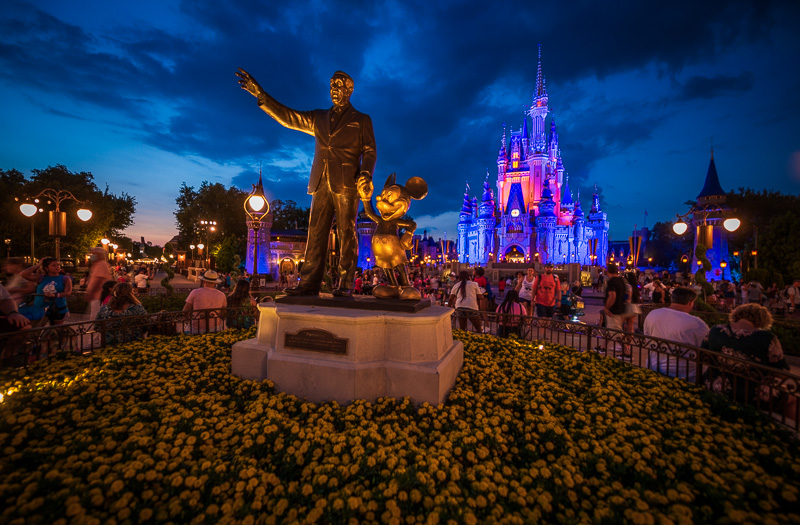

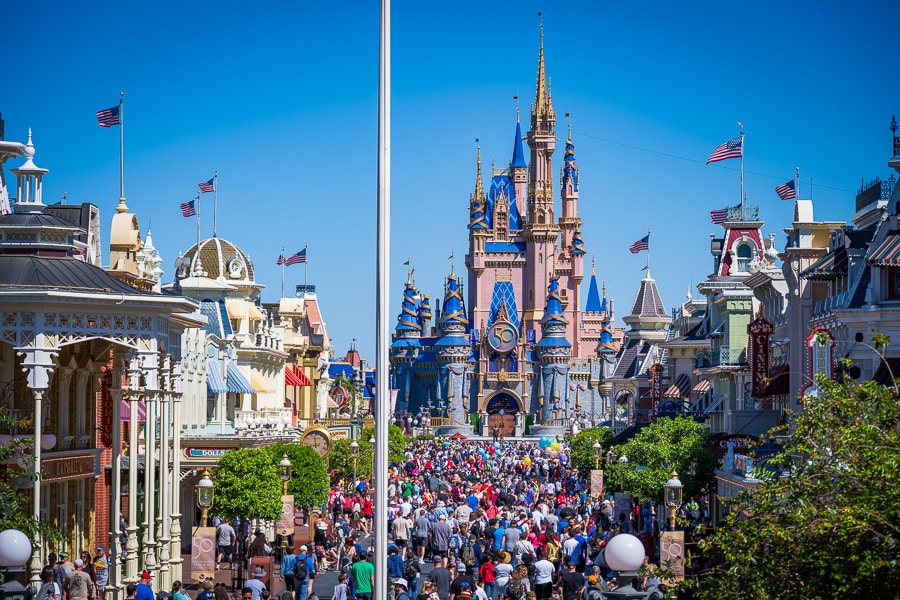
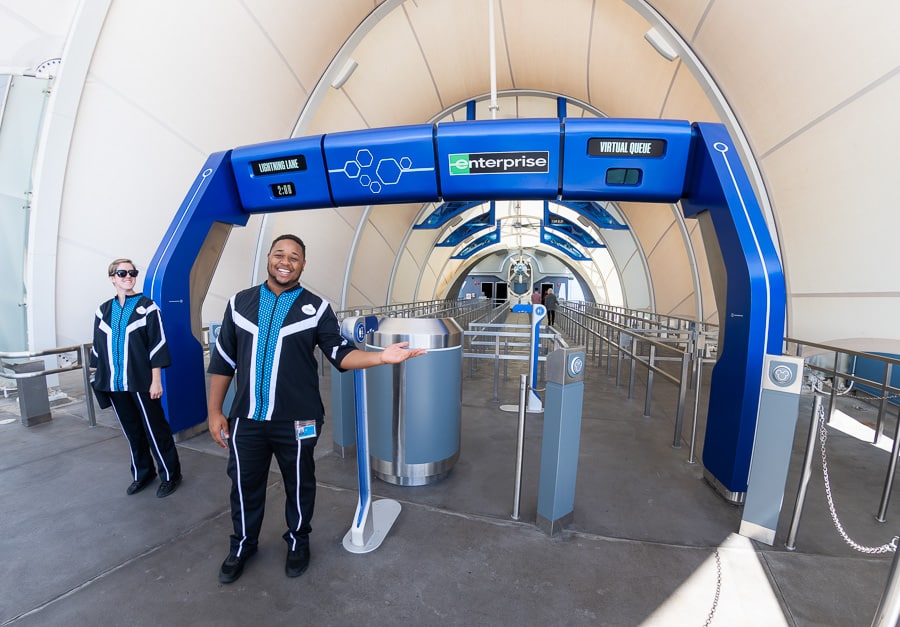
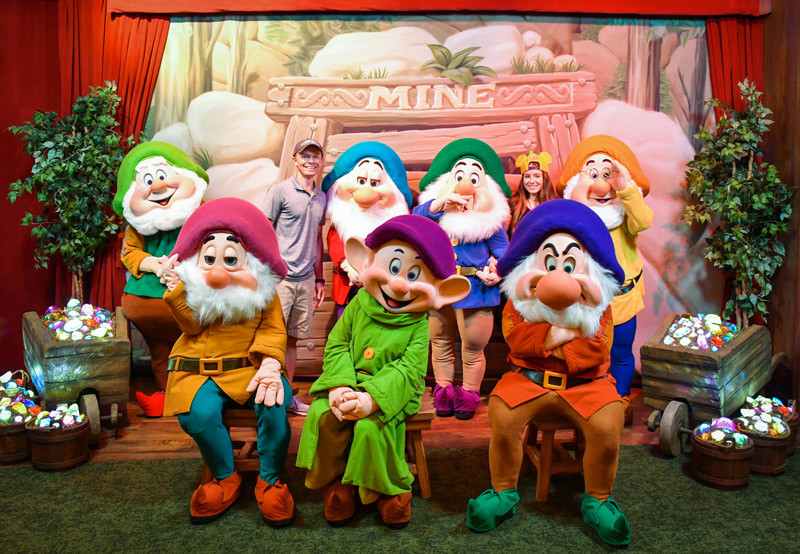
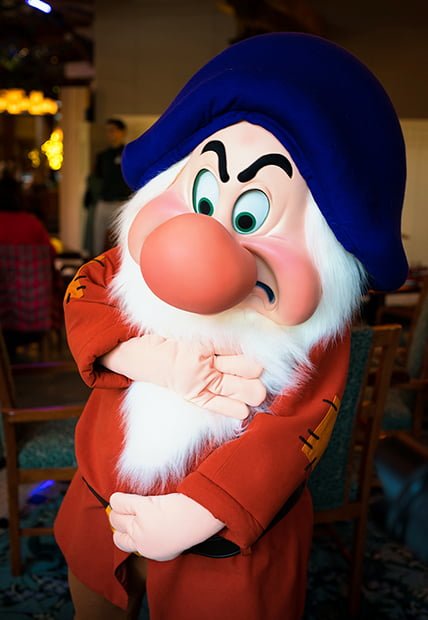

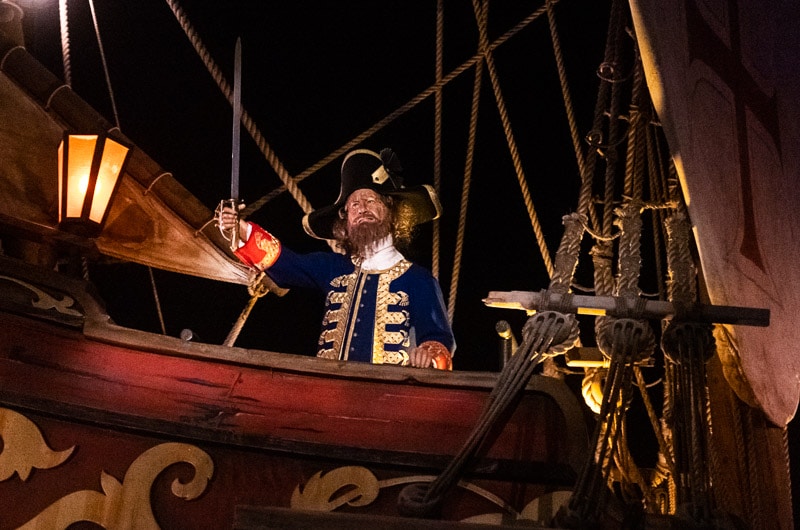

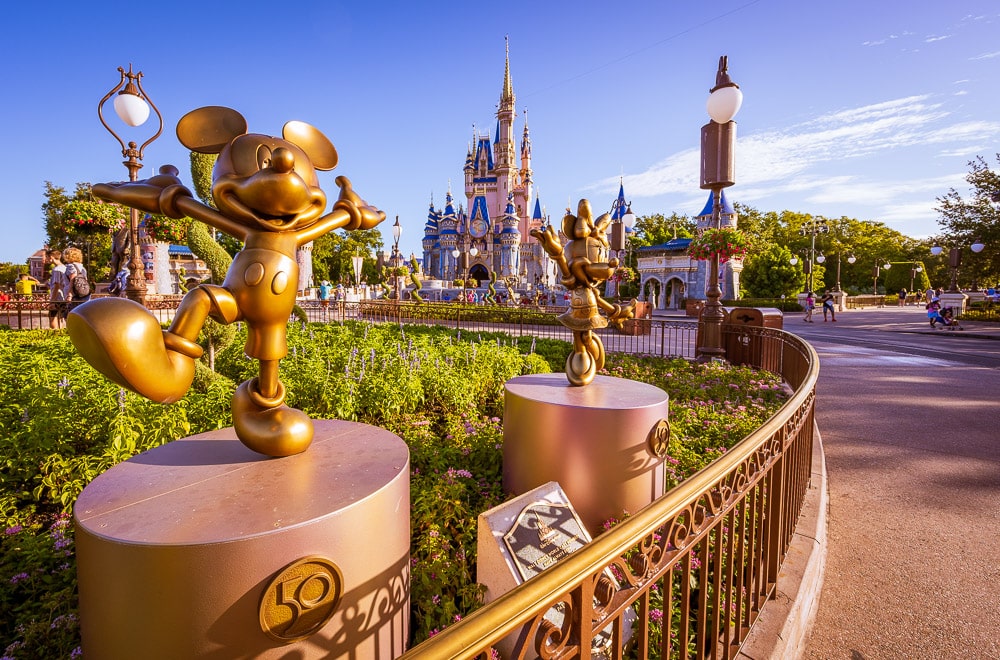
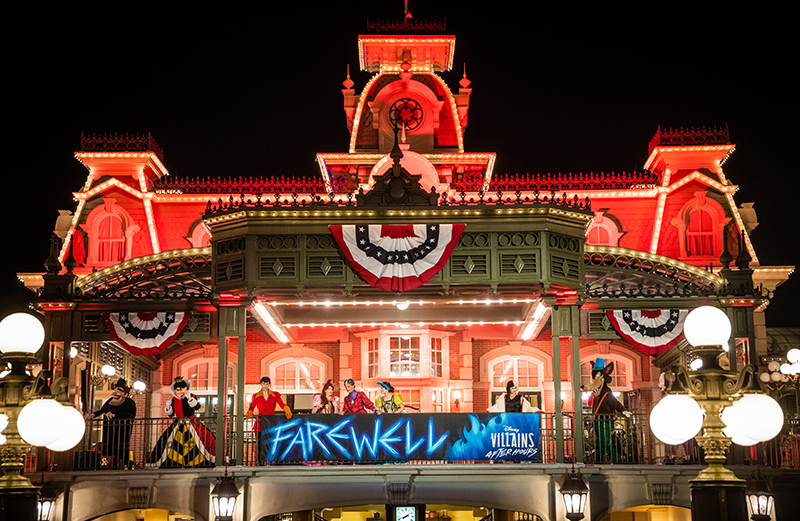
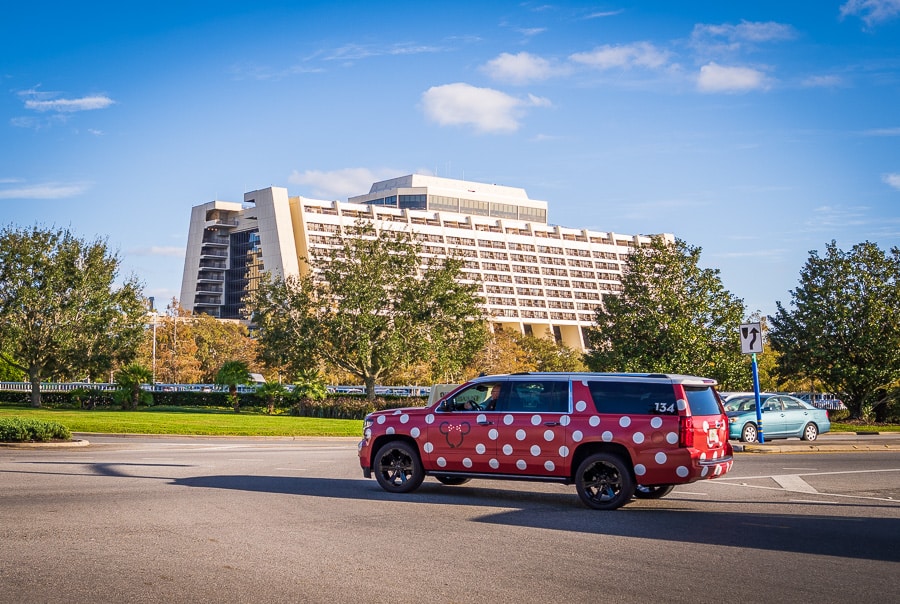
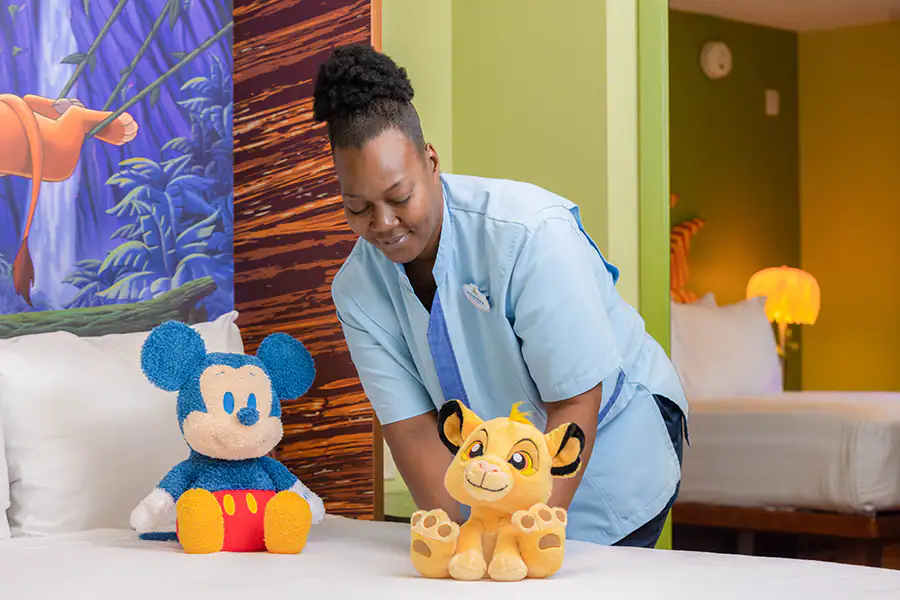


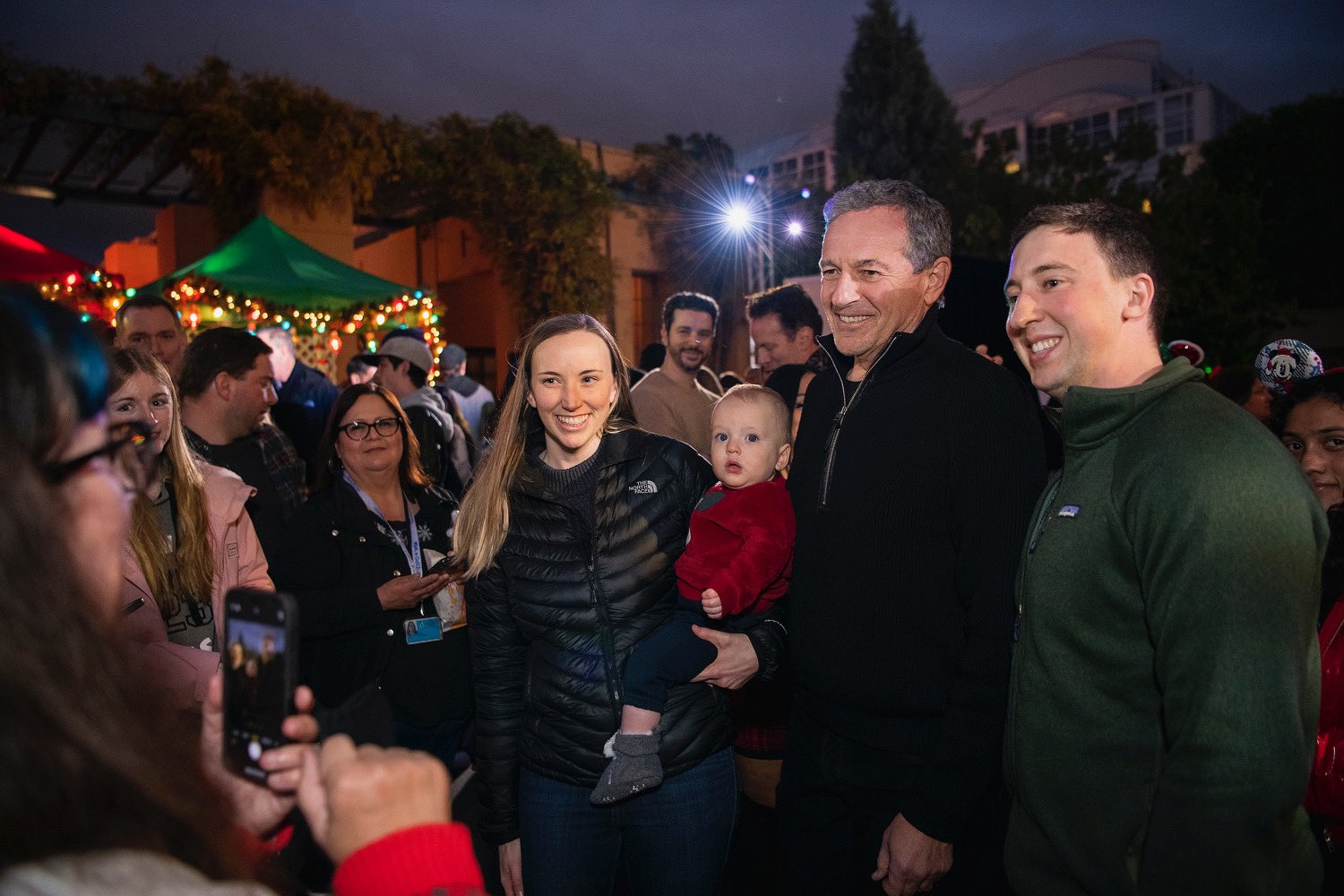
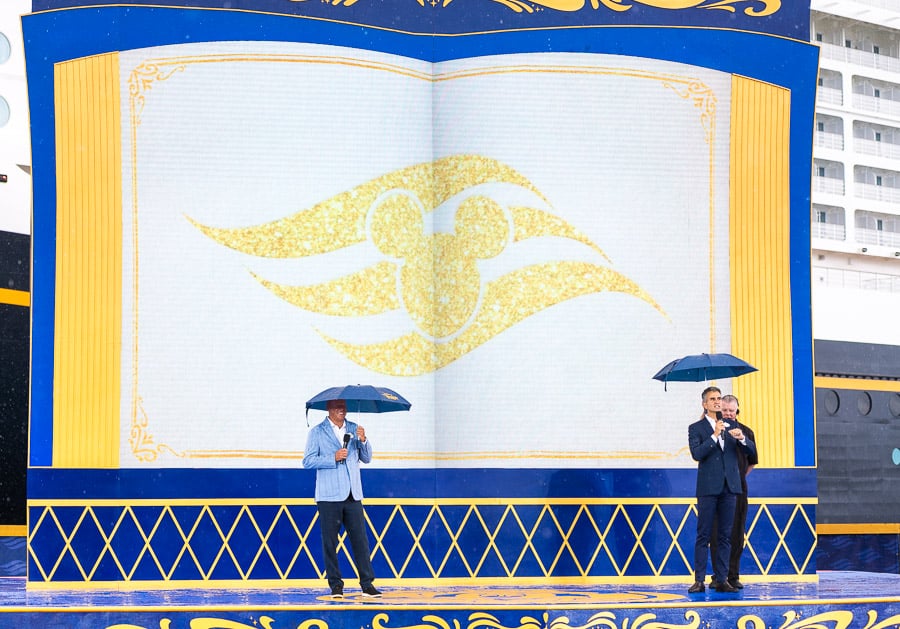
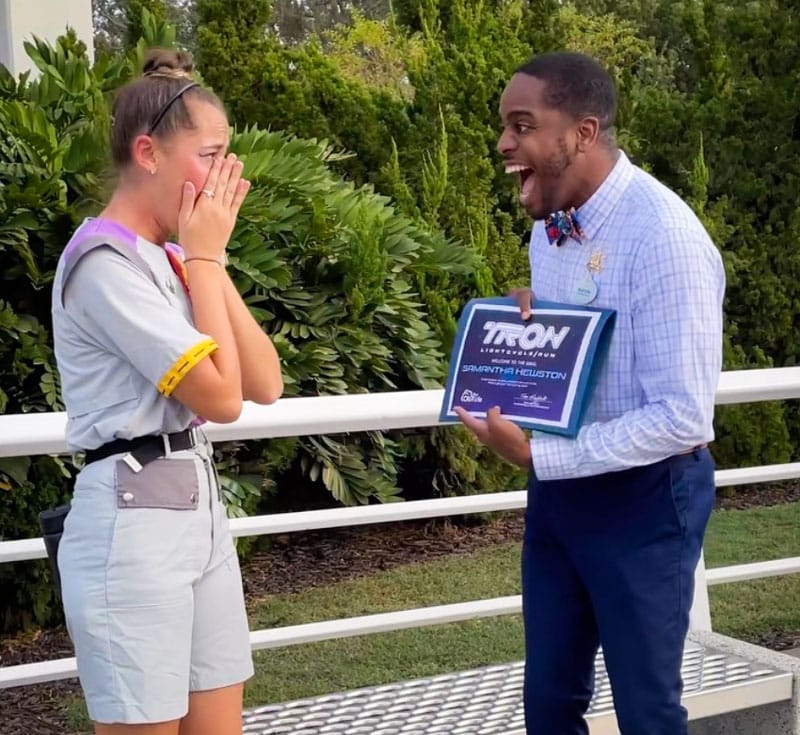
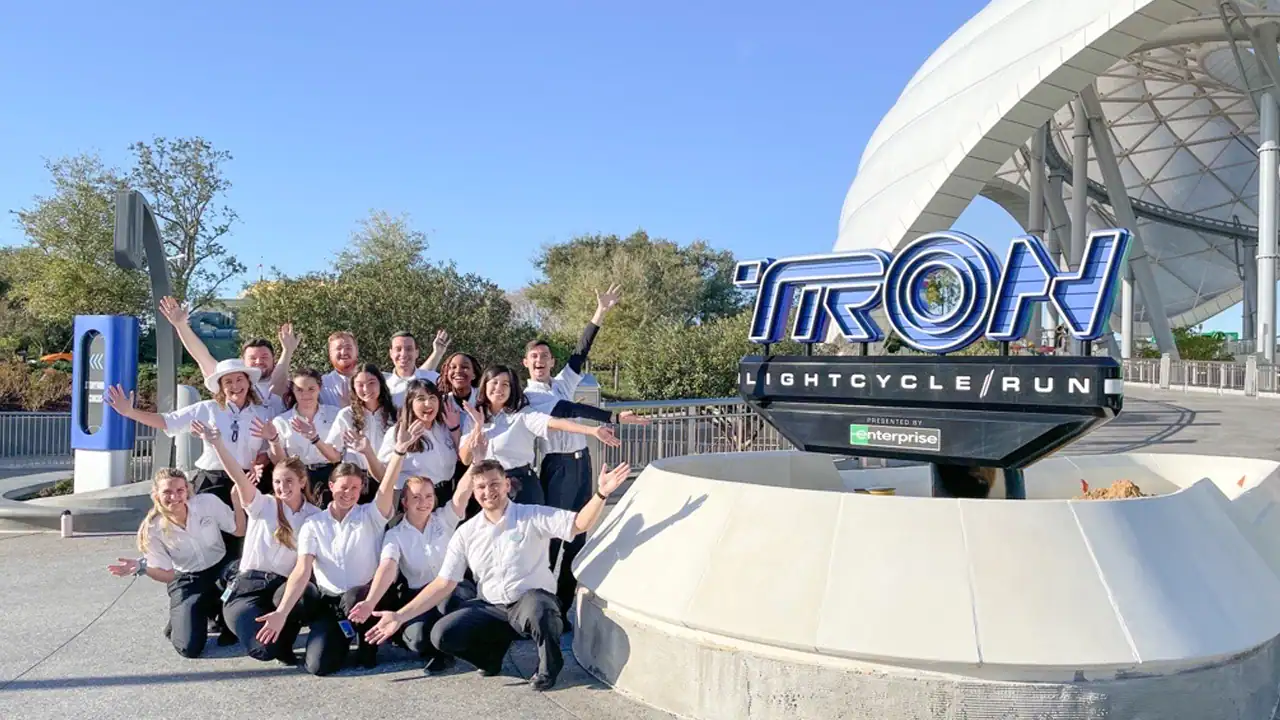
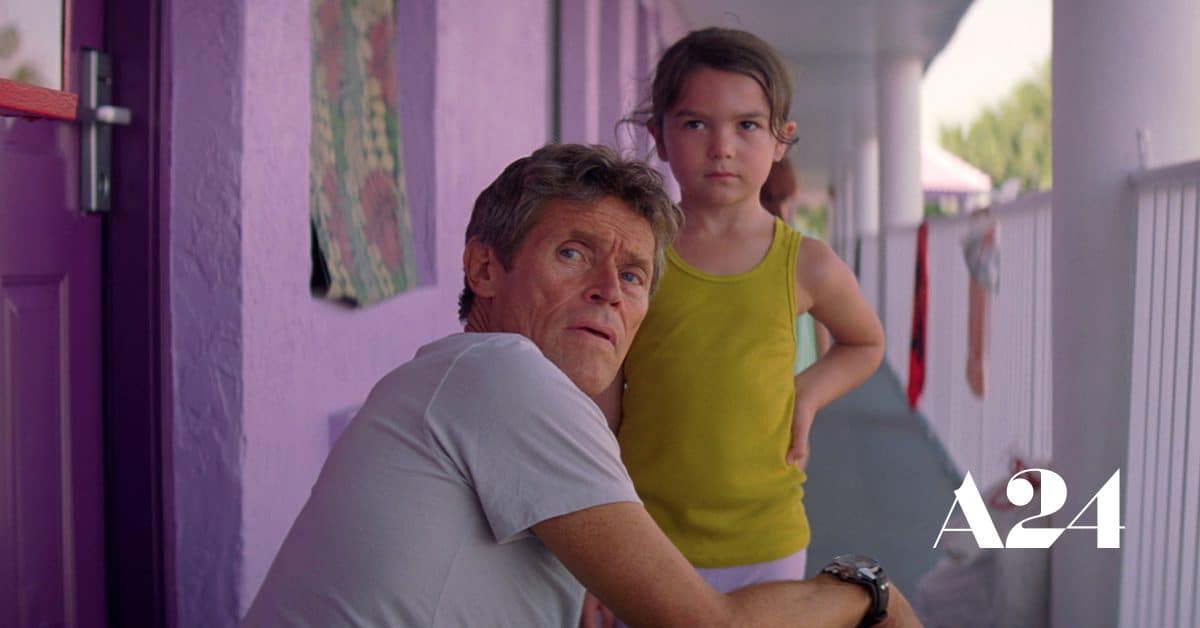
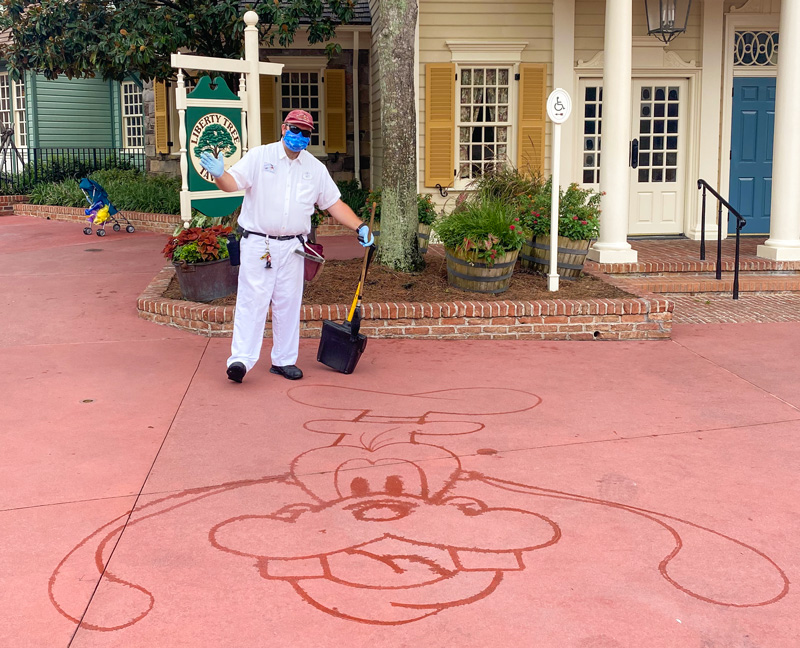

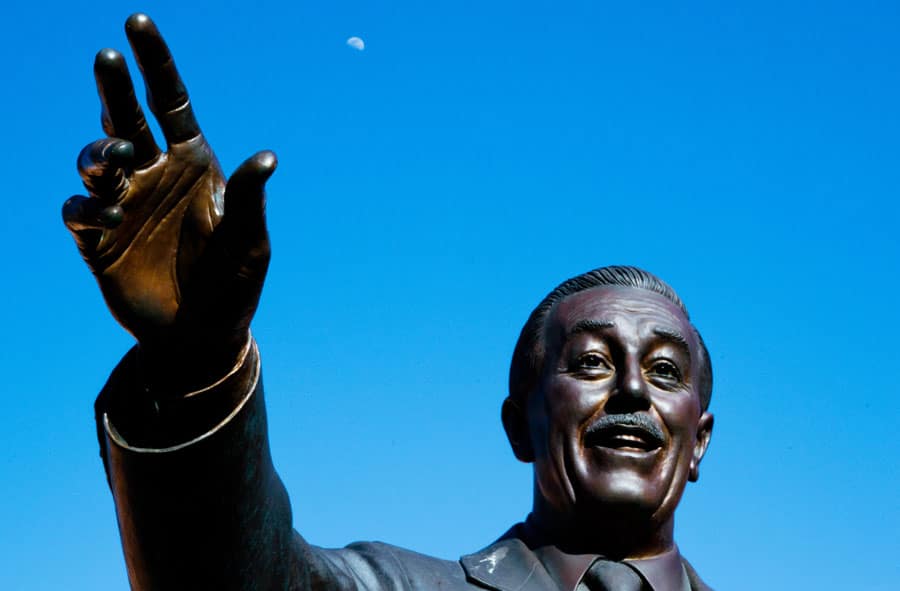
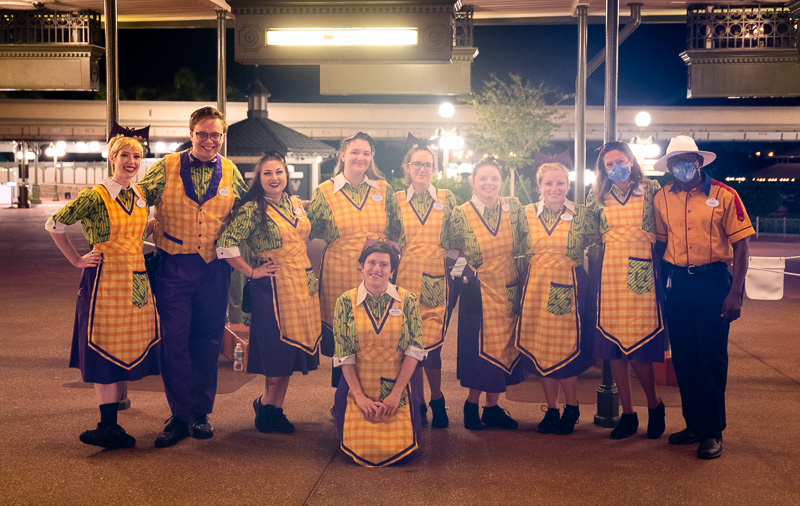
disney cast are not treated the way you think they are and the union doesnt help if your not a paying union member. a cast member was fired due to theft for eating a sandwich that was giving to her by culinary. when asked a coordinator if it was ok to have the sandwich the coordinator says yes instead of calling a manager and asking them. the cast member didnt eat allday due to not having money for lunch. so when asked by culinary members if she wanted to try a sandwhich she gets fired for not asking a manager or chef first. her employee record was clean and even had good comments from guest on her record card.
Its not the same world we grew up in or even entered our careers into the cost of living has gone up steeply for our young people and there is a huge gap from zoomer to boomer in quality of life. Zoomers have a very low quality of life only because of where they fall in in 80 year economic cycle beyond their control . Disney hopefully will get on the right track as the general public was disgusted to see the high admission prices and that cast members live in their cars as well.
Excellent article. 16 year part time CM here, that was furloughed, then called back a few months later. I declined because I was over it at that point and sick of working 2 jobs. The perception and the reality of being a Disney CM are 2 very different things. They throw a few perks at you but the pay (for non-tipped CMs) and benefits aren’t that great, not to mention how they treat you. Fortunately for me, it wasn’t my primary career.
To all who believe that Disney cares about you and their cast members perhaps you should ask the thousands of cast members that just got laid off to pay for this lie. Their lives have been disrupted so that Bob and the other top people can make their huge profits.
Disney only cares about money. Not guests and for sure NOT cast members.
Maybe Tom should try to tell the whole story and not the pixy dust version for once.
There have been zero layoffs to date in 2023 among frontline Cast Members–the ones at issue in this article. The Parks Chairman has indicated that layoffs are unlikely among frontline Cast Members. To that point, Walt Disney World is still understaffed and is holding weekly jobs fairs. So future layoffs among these Cast Members appear exceedingly unlikely.
The layoffs you’re referencing will most occur among white collar employees, particularly those in the Disney Media and Entertainment Distribution (DMED) unit and associated with streaming, which continues to lose roughly $1 billion per quarter. We’ve covered all of that in numerous posts.
Nice try Tom. Try reading WDW News Today from March 21, 2023 by Justin Topa to see the truth. Watch for what Justin referred to as bloody April. Guess more CM layoffs are coming to boost Disney profits.
This makes me so happy! I’m definitely going to send Disney a comment about the positive impact this has on me as a guest.
Having witnessed rude visitors and their treatment of Cast Members on multiple occasions, this is so long overdue!
One thing in this commentary I disagree with is that wages will not impact pricing: they certainly have in the past and will in the future. Disney is not going to accept a reduction to their post covid robust US theme park margins.
Ticket prices may not increase as this is now an Iger sensitive talking point but food, beverages and merchandise most certainly will. Still, this is the right thing to do for hard working WDW CM’s.
Disney has raised prices when wages have gone up; you are correct. But they’ve also increased prices when wages have remained static. It’s correlation, not causation.
Disney’s pricing is determined by what the market will bear. If Disney could just increase unilaterally margins without consequence…why wouldn’t they already have done so? No ‘excuse’ necessary.
You could make an argument that theme park operators setting a new floor on entry level wages has a ripple effect in the Central Florida market that lifts all wages, thereby increasing locals’ disposable income and giving Disney more latitude to increase prices on items locals and CMs purchase: food & beverage, merchandise. That’s probably a stretch, though, as those demos aren’t the core consumer of those things.
Tom, I agree that park admissions prices are set based on what the market will bear, but food and beverage prices do reflect wage sensitivity I would argue. Not end of the world though, we just skip the beer carts and restaurants we frequently visited in the past, as locals we don’t feel we’re missing that much. We did notice the recent two dollar beer price increase at Epcot and 2oz size reduction at the Mexico margarita cart etc etc (certainly going up again with this agreement) and endless restaurant price increases. Politicians always pontificate that corporations can just take less profits and pay a living wage but the reality is this is always passed on to the consumer. No corporation will ever accept less profit.
I agree with you to the extent that politicians pontificate and posture, saying things that they know aren’t true for the sake of scoring points.
But the idea that corporations have a dial that they turn from “less greedy” to “more greedy” (seemingly an assumption made by politicians making claims of gouging or windfall profits) cuts both ways. Companies are always out to maximize profits and increase margins. The free market is efficient, and companies always do so to the extent that consumers will bear it.
With that said, I do not question your assertion that companies try to find ‘clever’ ways to maintain margins without disrupting demand. Your examples are good ones, but also, things that are more viable in the short term, and when consumer spending is strong.
Does pay for those in the Disney College Program increase at all? I believe it was $14 per hour.
My guess is no as they are not union workers. However, they did raise their rent at Flamingo, so giving them a raise as well would be a good gesture.
Yes. They won’t make as much as union full time of part time cast but their wages will also raise to align with how they are now. Happens every union contract.
Kudos to Disney for doing the right thing. Cast members should not be living in poverty, and thinking of them having to make such sacrifices to work at the parks significantly hampers the magic. I’ll enjoy my next visit much more, and resent the exorbitant price increases much less, knowing that the cast is being treated decently.
Wooooo! Go CMs! This makes me extra pumped for my trip in May. Hoping spirits are high.
My son and his friend will be moving to Orlando in June because his friend has been hired as a CP employee.
My son graduated with a degree in game development and can work remotely, his friend who also has a college degree disliked his post college job in special effects. They are currently in Brooklyn.
He wants to have a position where he can interact with people and loves Disney so is giving it a go. His hope is that it evolves into a permanent job with Disney.
He has been offered only $14/hour as a CP cast member. Half of his previous salary. This has markedly challenged where they can find affordable, non-sketchy housing.
Their dollars will definitely stretch better in Orlando but it is still limiting their options.
Is there a reason his friend didn’t apply for a full time position since he is out of school? As a FT CM, he can choose his job, be insured, and start earning seniority. Plus full time employees start at a higher hourly rate than CP’s. Especially since he won’t be living in CP housing, that’s one of the main benefits of doing the CP.
Hey Cynthia,
Interesting to read your post here & hope things work out well for your son. Your story also helps prove my point on this blog topic that Disney can easily find college educated people ready, willing & able to work at WDW for $14/ hour because they want to.
I am certain Disney will remind the STCU of this at the next meeting on March 23rd.
It’s no secret that New Englanders know how great Florida is. During COVID 2020, almost every DVC member escaped New England & summered with us !!!
And with the pending recession upon us, I am also predicting that it’s okay to be poor…..as long as you love your job & have a great place to work.
Love,
Hender
I would love to say they should keep fighting for higher wages however I can’t. Most of the jobs the service trade council represents are entry level positions not requiring previous training or experience. When you increase wages to entry level jobs it affects the local economy and drives up the cost of living. Who benefits? The unions cause the percentage paid in union dues will equal more money. Taxes cause you are making more. Mean while those that thought an increase in wage meant better living are greeted with higher rent and higher cost of living. I think service trade council should except the $1 hr increase. That’s a good raise for an entry level position. But they should fight for things that will help their quality of life and income in other ways. Like no shifts less than 8 hours. Some hourly cast get schedule smaller shifts or split shifts. With the cost of living near work being extremely high most cast have to live further away making hour long drives to work. Make that drive worth it. Caps on insurance premiums is another worthy cause to fight. But fighting for a higher wage they will not win. A win is a loss. They will have to give something up. Such as aspire program. Which drives many to work for the mouse to begin with. Do I believe Disney doesn’t pay a living wage for entry positions… not sure. I see too many cast members sipping down $8 Starbucks drinks with fresh manicures to hear the I don’t make enough money stories. No. You don’t make what you would like to make. And if you would like to make more live within your means and invest in your future. Use the aspire program to get training necessary to achieve a better career. But you can’t expect any employer to turn your job into a well paying career just because you don’t want to take the steps necessary (even if they are paying for it) or because you love your job you don’t want to leave it. That’s all.
Respectfully, while I agree with some of your points and disagree with others, adding a comment like the one about nails or Starbucks distracts from the real discussion. I would encourage folks to rethink “low hanging fruit” comments about low wage earners and “frivolous” expenses. People with limited means want and deserve to treat themselves just like anyone else. Frankly, they often deserve it more because of the nature of their jobs. Even if one disagrees, there is still the unknown. Perhaps someone was treated to nails by a friend or family member. Perhaps they redeem iBotta or Swagbucks for their Starbucks. An outsider has no way of knowing and shouldn’t judge or jump to conclusions.
Some of your other points are important, and I would agree. If things like guaranteed hours and health coverage aren’t included or viewed as important areas of negotiation, they should be. As for wages driving up rent, that gets more complicated.
Bottom line though, is that it seems obvious to match their largest competitor, and anything less makes zero sense and sets them up for a continuous operating struggle, at best, and a PR struggle, at worst.
Well, it has been 5 years – 5 months & 5 days — And the STCU has accomplished …………….
Prediction: it will be another 5 months until the Service Trades Council Union accepts the WDW “best and final” offer.
Hopefully I am proven wrong, but overall I can tell no one really cares.
It’s not like Abigail Disney is lighting up Twitter to help out Florida “red state” Cast Members.
Maybe in June when Pride month is back in fashion – more news will develop; until then …………………….
It’s nice that we can always rely on Bernie to stand up for workers, and I think it’s fair to say that regardless of political leanings, most Disney fans support Cast Members and want them to be compensated well — if only for selfish reasons, since it hugely improves the guest experience!
Hopefully more politicians will do the same to increase the pressure on Disney. (Ideally some from both parties, since you do have some right-wing economic populists that have popped up in recent years.)